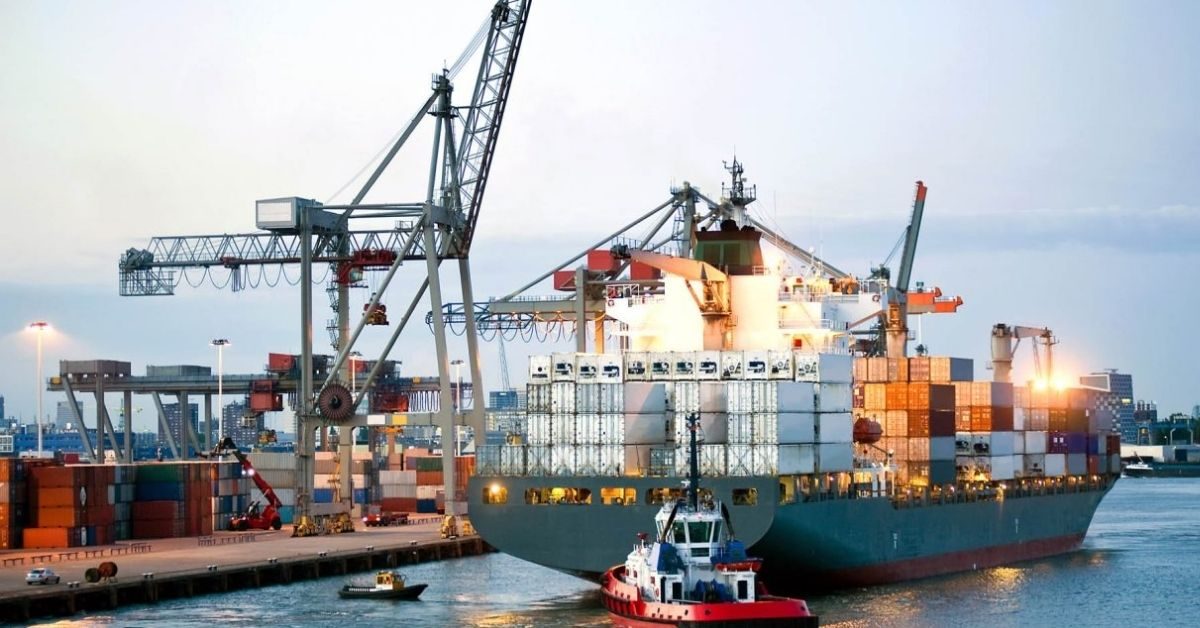The Accelerating Transport and Trade Connectivity in Eastern South Asia (ACCESS) Programme Phase 1 will help the respective governments address the key barriers to regional trade—manual and paper-based trade processes, inadequate transport and trade infrastructure, and restrictive trade and transport regulations and processes.
Under the ACCESS Programme, the World Bank has approved a $1.03 billion of financing to help improve regional trade in Nepal and Bangladesh by reducing trade and transport costs and transit time along the regional corridors.
The Phase 1 programme will help replace lengthy manual and paper-based trade processes with digitised automated solutions in Bangladesh and Nepal. The automation will enable faster border crossing times and install electronic tracking of truck entry and exit, electronic queuing, smart parking, and CCTV cameras.
The programme will also help improve selected road corridors and upgrade key land ports and custom infrastructure while ensuring a green and climate-resilient construction. This will help the integration of landlocked Nepal and Bhutan with the gateway countries of Bangladesh and India.
“Regional trade offers enormous untapped potential for the countries of South Asia. Today, regional trade accounts for only five percent of South Asia’s total trade, while in East Asia it accounts for 50 percent,” said Hartwig Schafer, World Bank Vice President for South Asia. “South Asia can boost economic growth significantly and create opportunities for millions of people by increasing regional trade and connectivity.”
The $753.45 million financing for the ACCESS Project in Bangladesh will upgrade the 43km section of the two-lane Sylhet-Charkai-Sheola to a climate-resilient four-lane road, connecting the Sheola Land Port with the Dhaka-Sylhet Highway. This will cut down travel time by 30 percent. The project will support digital systems, infrastructure, and more streamlined processes at Benapole, Bhomra, and Burimari land ports, the three largest land ports in Bangladesh handling approximately 80 percent of land-based trade. It will also support the modernisation of the Chattogram customs house which handles 90 percent of all import/export declarations in Bangladesh.








